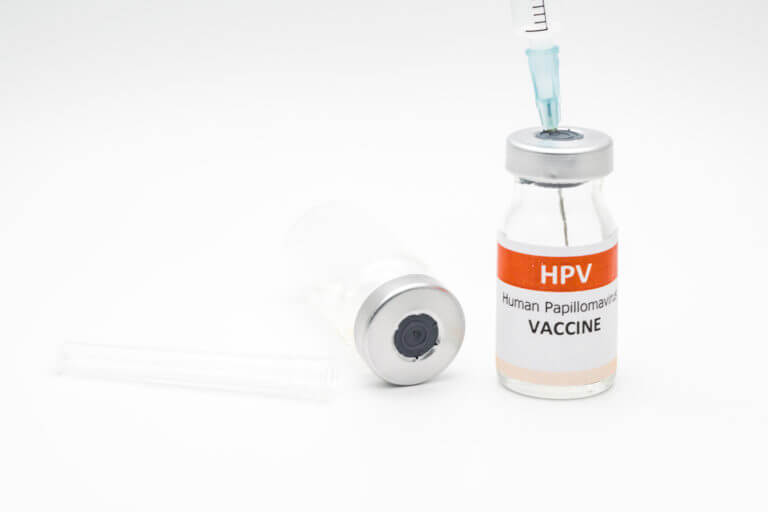
The HPV vaccine is very effective against the human papillomavirus (HPV), which can cause several types of cancer. The vaccine is effective against HPV 16 and HPV 18, which together cause 70 percent or more of the cases of cervical cancer.
The HPV vaccine was first licensed for use in 2006, and it continues to be effective in over 99 percent of people who receive the vaccination.
What Is HPV?
The human papillomavirus is transmitted through sexual contact. HPV got its name for the warts (papillomas) that are associated with the different types of HPV.
HPV can be devastating, often causing cancer in both men and women. Cancer of the throat, mouth, and anus can be present in both men and women. Men can also contract penile HPV cancer, and women can contract cancer of the vulva, vagina, and/or cervix.
One of the most devastating aspects of the disease is that symptoms can occur years after contact. An infected person may not show signs of the disease and it may be impossible to know when you became infected.
Effectiveness of the HPV Shot
The HPV vaccine is over 99 percent effective against nine of the 150 types of the disease. However, this is only true if the doses are received within the correct time frame and if it is received prior to being infected.
Two doses are usually required and are to be administered 6 months apart in children ages 9 to 14. For patients 15 years of age and older, three doses are required.
For people who have already been sexually active, the HPV vaccine is not recommended, because it may not be very effective and likely not effective at all.
The HPV vaccine has certain severe risks, so it is a good idea to discuss the risks and benefits of this vaccination with your doctor.
How Does the HPV Vaccine Work?
Unlike other vaccines, the HPV vaccine doesn’t contain a dead virus. Rather, the HPV vaccine is a combination of tiny proteins that mimic the virus, so the body can manufacture antibodies against the proteins.
The proteins are also combined with a mixture of products that boost the immune system, while also stabilizing the vaccine for injection.
Does the HPV Vaccination Need a Booster Shot?
Medical science continues to research the effectiveness of the HPV vaccine. Research continues on the possible need for additional booster shots in the future, though at present the vaccine isn’t showing many signs of failure.
If researchers find that booster shots are needed, everyone who ever received an HPV shot will be contacted and informed. The HPV register makes this possible. The register includes the record of all people who have been vaccinated.
Where Can I Get My HPV Vaccination in Syracuse?
University OBGYN Associates urges anyone under the age of 26 to be vaccinated to prevent HPV. Remember, it is important to be vaccinated prior to infection, and prior to being sexually active.
If you’ve already been infected, we can talk about other health options. Please contact us for more information about HPV prevention or to discuss any gynecological questions you have. Call us today at (315) 464-5162 or request an appointment here. We look forward to seeing you.



